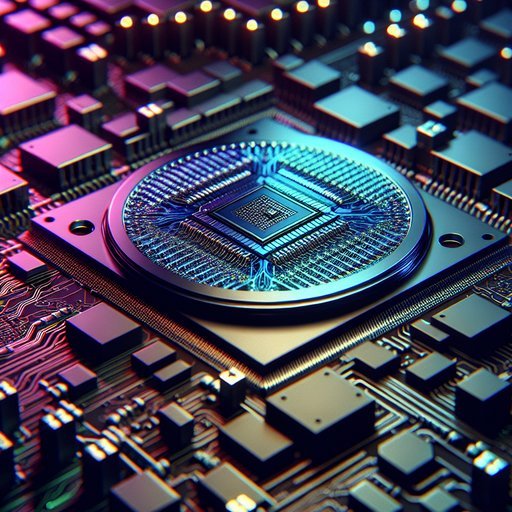
In a significant development within the semiconductor industry, Wolfspeed, a prominent player known for its silicon carbide technology, has filed for Chapter 11 bankruptcy. The decision comes in response to mounting financial pressures, as the company seeks to reduce its debt load by 70%, equivalent to an estimated $4.6 billion. This restructuring aims to place Wolfspeed on a sustainable path as it continues to innovate in a highly competitive market while maintaining its operational presence [2][3][4].
Wolfspeed's financial difficulties highlight challenges faced by semiconductor companies amid market volatility and evolving technological demands. The market for silicon carbide semiconductors has seen significant advancements, yet companies like Wolfspeed must navigate substantial debt to remain competitive. The filing marks a pivotal moment for Wolfspeed, offering a chance to realign its financial strategy and focus on core strengths in silicon carbide technology [1]. The restructuring agreement involves decreasing Wolfspeed's debt significantly, which will effectively lower annual cash interest payments and provide breathing room for operational improvements.
Analysts view this move as essential, given the company's strategic importance in innovation landscapes like electric vehicles and renewable energy solutions. Wolfspeed's ability to restructure successfully could set a precedent for other semiconductor firms grappling with similar financial burdens [2][3]. While Wolfspeed restructures, there is global attention on companies like Synopsys, pushing forward AI chip designs. Synopsys's investments underscore the industry's pivot towards integrating artificial intelligence more deeply into semiconductor manufacturing processes.
As noted by Synopsys's Senior Vice President, the journey into advanced AI chip design is only beginning, signaling robust demand and growth potential in various technological sectors [4]. In contrast, China's semiconductor endeavors, as exemplified by Huawei's recent notebook release, illustrate ongoing challenges. Huawei's Kirin X90 SoC, built on older 7nm N+2 technology, reflects a broader struggle within China's chipmaking initiatives to catch up with leaders like TSMC. These developments suggest that while innovation continues globally, regional disparities remain significant hurdles to achieving widespread semiconductor advancements [5].
Sources
- Struggling Chipmaker Wolfspeed Files for Bankruptcy as Debt Burden Mounts (Biztoc.com, 2025-06-23)
- Semiconductor company Wolfspeed to file for bankruptcy (Verdict, 2025-06-23)
- Wolfspeed announces restructuring agreement (Cnyhomepage.com, 2025-06-23)
- AI chip design seen in second inning, says Synopsys executive (Digitimes, 2025-06-22)
- Huawei’s latest notebook shows China is still generations behind in chipmaking (Theregister.com, 2025-06-23)
























